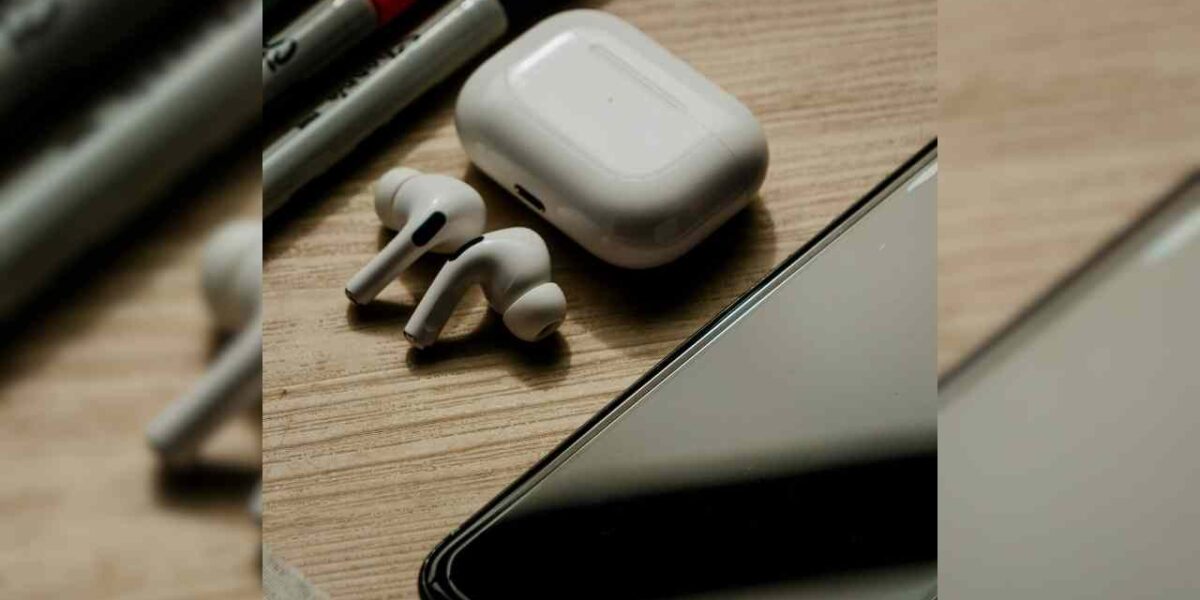In September every year “back to school “is an important day in the Canadian calendar.
This year is slightly different as a new rule has been introduced about the use of cellphones in classrooms. It has been an old issue and many attempts have been made earlier to keep kids focused on education, which needs undivided attention to understand what is being taught, and what kids are supposed to learn to gain expected knowledge to reach career goals.
The new rule says kids in kindergarten to grade 6 can’t use their phones during the day, including lunch and recess, those in grades 7 to 12 can’t use them in class. The rule says devices must be off and out of view. If not, kids will have to keep them in a storage area. Students will be responsible for their devices and any consequences arising from breaking the rules.
The rule looks simple but implementation will not be easy and raises many questions in the minds of educators, parents, and school boards.
The cellphone addiction is not seen in kids only, but also the older generation is equally hooked on. I was in a condolence meeting last week, and when a holy verse was being recited for the departed soul, many attendees in the front row were fully focused on phone screens, a moment when normally people are supposed to pray for the departed soul, they were busy in worldly socialization, unaware of surroundings.
The research shows cellphone addiction is harmful to students mental health, education and family connections. A small family sitting in a family room with cellphones in hands, appear to be disconnected to others sitting beside them.
The students in schools are worst affected by cell phone use, as kids lose attention and student- teacher connection is broken. The ability to actively process specific information in the environment is limited in terms of both capacity and duration, so it’s important to have ways to effectively manage attentional resources and get the best results. Parents feel these devices are stealing our kids both in school and at home.
A United Nations Educational, Scientific and Cultural Organization (UNESCO) report from last year cited research that has found it can take students up to 20 minutes to refocus after they have been distracted by their smartphones. Removing smartphones from some schools was found to improve learning outcomes, UNESCO argues in its 2023 Global Education Monitoring Report. The report is pushing for classrooms to ban smartphone use. Only technology in education more broadly should be used, when there is a clear benefit to learning, the report added.
The new rule is being followed now, but there is no clarity about its success. Education Minister Jill Dunlop has admitted “implementing the rule is going to be a big issue,” she is optimistic but not very sure about the outcome. When a student doesn’t follow the rule, they may be sent to the principal’s office.
The Toronto District School Board (TDSB) plans to discuss the new policy with students, so they can understand dos and don’ts.
Oliva Chow and acting TDSB chair Neethan Shan said, we are looking forward at the policy through all additional lenses, recognizing this is not intentional behaviour on the part of most students, but in fact because of the addictive nature of phone use.
The implementation will also need extra attention and time, and it will not be easy for the teachers to spare time without reducing actual teaching time.
The coming months will show what the results of the new policy will be. We will also need to allow some exceptions as parents of kids with special needs think teachers should know cell phone ban is important , but so too are some exceptions for the students with special needs.
Parents of school going children are required to take this issue seriously to save kids from distraction and to guide them to a smooth transition from current state to a more practical, progressive and responsible phase of life, where kids can focus attention on attaining knowledge to reach career goals.



